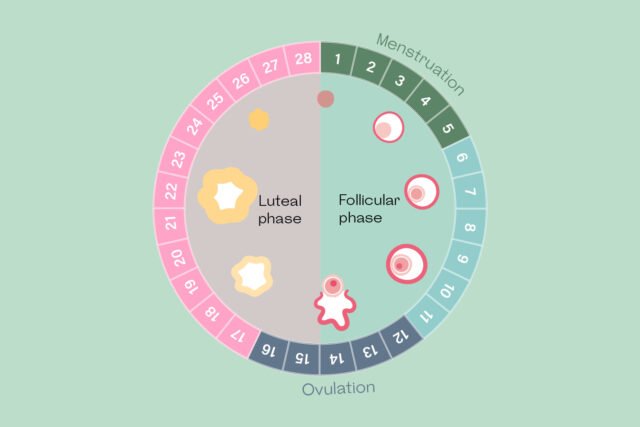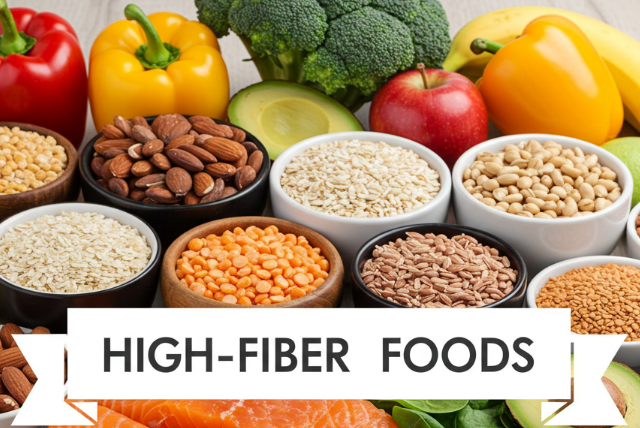
*This post may contain affiliate links. Read more.*
Introduction
The luteal phase is the second half of the menstrual cycle, occurring after ovulation and before menstruation. It plays a vital role in hormone regulation, metabolism, and emotional well-being. Many women experience symptoms such as bloating, fatigue, mood swings, and food cravings during this time, yet few know how to optimize their lifestyle to reduce discomfort and enhance well-being.
Scientific research has shown that targeted diet, exercise, and stress management strategies can support hormonal balance and alleviate symptoms. This article explores science-backed methods to help women feel their best during the luteal phase.
1. Understanding the Luteal Phase and Hormonal Changes
The luteal phase typically lasts 10–16 days and is marked by a surge in progesterone, which prepares the body for a possible pregnancy. If pregnancy does not occur, progesterone and estrogen levels drop, triggering menstruation.
Key Hormonal Changes:
- Progesterone increases to support the uterine lining.
- Estrogen rises initially but declines toward the end of the phase.
- Serotonin levels may fluctuate, leading to mood changes.
- Metabolic rate slightly increases, affecting appetite and energy levels.
Scientific Insight: Research published in The Journal of Clinical Endocrinology & Metabolism suggests that progesterone affects mood and thermoregulation, explaining why many women experience increased cravings and temperature shifts during this phase.
2. Luteal Phase Nutrition: Foods That Support Hormonal Balance
Diet plays a crucial role in managing symptoms and optimizing energy levels.
Best Foods to Eat:
- Magnesium-rich foods (spinach, pumpkin seeds, dark chocolate) help combat bloating and muscle tension.
- Complex carbohydrates (quinoa, oats, sweet potatoes) stabilize blood sugar and reduce cravings.
- Omega-3 fatty acids (salmon, walnuts, flaxseeds) help reduce inflammation and mood swings.
- Vitamin B6-rich foods (bananas, turkey, chickpeas) support serotonin production, improving mood.
- Hydration is essential, as fluid retention often increases during this phase.
Scientific Insight: A study in Nutrients found that consuming omega-3s significantly reduced premenstrual syndrome (PMS) symptoms, including mood swings and bloating.
3. The Best Exercises for the Luteal Phase
Exercise can be tailored to support hormonal fluctuations and prevent excessive fatigue.
Recommended Workouts:
- Low-impact strength training helps maintain muscle mass without adding stress.
- Yoga and Pilates improve circulation and relieve tension.
- Light to moderate cardio (walking, swimming) helps regulate mood and energy levels.
- Avoid high-intensity training if experiencing extreme fatigue, as cortisol levels tend to be higher in this phase.
Scientific Insight: According to a study in Sports Medicine, low to moderate-intensity workouts are more beneficial during the luteal phase, as high-intensity training can increase cortisol levels and exacerbate fatigue.
4. Stress Management and Sleep Optimization
Stress and poor sleep can worsen luteal phase symptoms. Managing stress effectively can help regulate cortisol and improve emotional well-being.
Effective Strategies:
- Mindfulness meditation reduces anxiety and promotes hormonal balance.
- Journaling and deep breathing exercises help process emotions and manage stress.
- Herbal teas (chamomile, valerian root) support relaxation and better sleep.
- Limiting caffeine and alcohol can improve sleep quality and reduce irritability.
- Sleep hygiene practices (consistent bedtime, avoiding screens before sleep) support better rest.
Scientific Insight: A study published in Sleep Medicine Reviews highlights that women in their luteal phase often experience more sleep disturbances, making stress reduction and proper sleep hygiene essential.
Conclusion
The luteal phase is a time of hormonal shifts, and understanding these changes allows women to take proactive steps toward better well-being. Through nutrition, exercise, stress management, and sleep optimization, it is possible to reduce discomfort, stabilize mood, and enhance energy levels during this phase.
By implementing these science-backed strategies, women can work with their bodies instead of against them, leading to a healthier and more balanced cycle. If symptoms persist or significantly impact daily life, consulting a healthcare professional is always recommended.
#diet and hormones #hormonal balance #luteal phase #menstrual cycle #metabolism #mood swings #natural remedies #science-backed wellness #women's health









